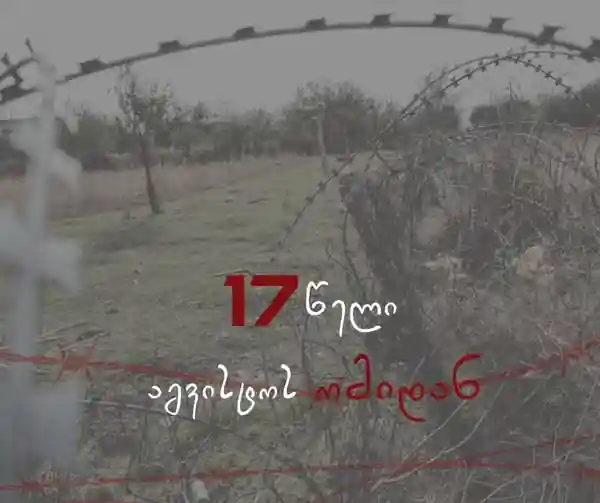17 years have passed since the Russia-Georgia War in August 2008, but the results are still attractive to residents of the occupied area and those living near the lines of reason.
The situation of internal displaced persons is such that they are not even allowed to return to their homes. In Georgia, 299172 people have been forcibly displaced due to 90’s and 2008 and are still living in difficult conditions.
The regime of the occupation grants allows effective and arbitrary decisions. In the zones of occupied Abkhazia and near the Tskhinval region, illegal detention and imprisonment continues, including alleged border violations.
According to official statistics from 2008 to 2025, Russian flag state the occupation force has been illegally arrested 3594 people, of which 2024 were in Ahashia and 1570 in the Skinwall area. On the issue of illegal grip, as of 2025, 9 Georgian citizens are still held illegally in the occupied Skhinval district and four citizens in the direction of the seized Abkhazia.
The situation in the occupied territories is such that getting access to education in your native language is really difficult. In all the schools of occupied Khali and Akhalgori, teaching is banned in Georgian language, which makes it compulsory medium of instruction. Only because of this, foreign language and literature have been converted into subjects which are useless. As a result, the number of students is decreasing every year.
Illegal actions by the rental area system pinpoint the rights and liberties of residents in occupied areas, confirming the need for an international human monitoring mission in the occupied region.
The Ombudsman expressed his readiness to promote dialogue between the parties and encourage initiatives and approaches based on human rights.



